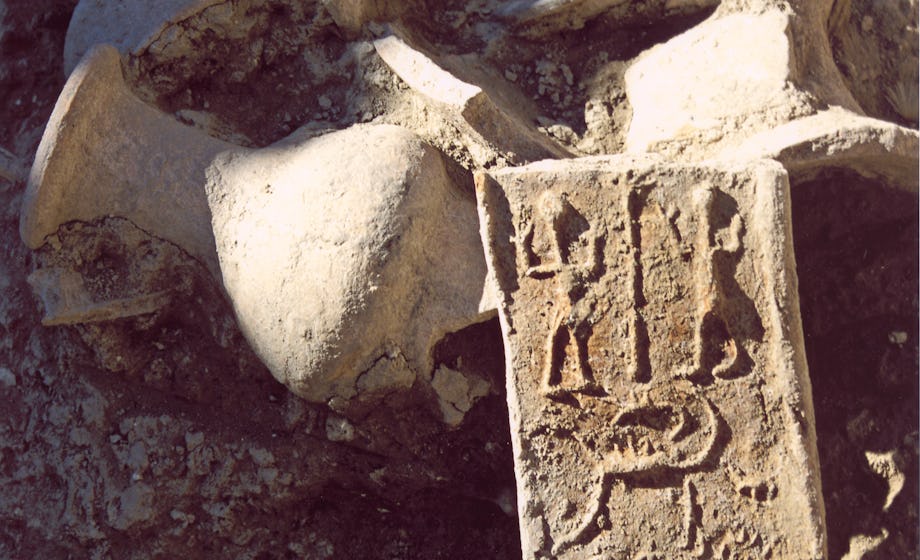by ELANA SPIVACK

The Mediterranean diet might conjure images of whole grains, fish, a side of cucumber and tomato salad, and a glass of red wine. While the diet, known for its link to longevity and health, has skyrocketed in popularity in recent years, this eating pattern is far from new. In fact, a recent study reveals that this way of eating has persisted for millennia. Published today in the journal PLoS ONE, a paper looked at the agricultural and diet patterns of people living in what’s now Syria during the Middle Bronze Age, which occurred from 2000 to 1600 BCE. It turns out humans have been eating a Mediterranean diet since at least the Bronze Age.
The research looks at plant, animal, and human remains from an archaeological site in modern-day Syria known as Tell Tweini on the coast of the Mediterranean Sea. Tell Tweini is located near the modern town Jableh, and was once part of an ancient harbor city called Gibala, the southernmost town of the Ugarit Kingdom in the Levant.
“Understanding ancient cultures is not only important for archaeologists, but for anyone interested in the history of the origins and development of humankind,” Simone Riehl, professor of archaeobotany at the University of Tübingen in Germany, tells Inverse. Food especially is telling of all sorts of conditions. “One of the oldest culturally anchored expressions of human life is food.”
Inverse for more
